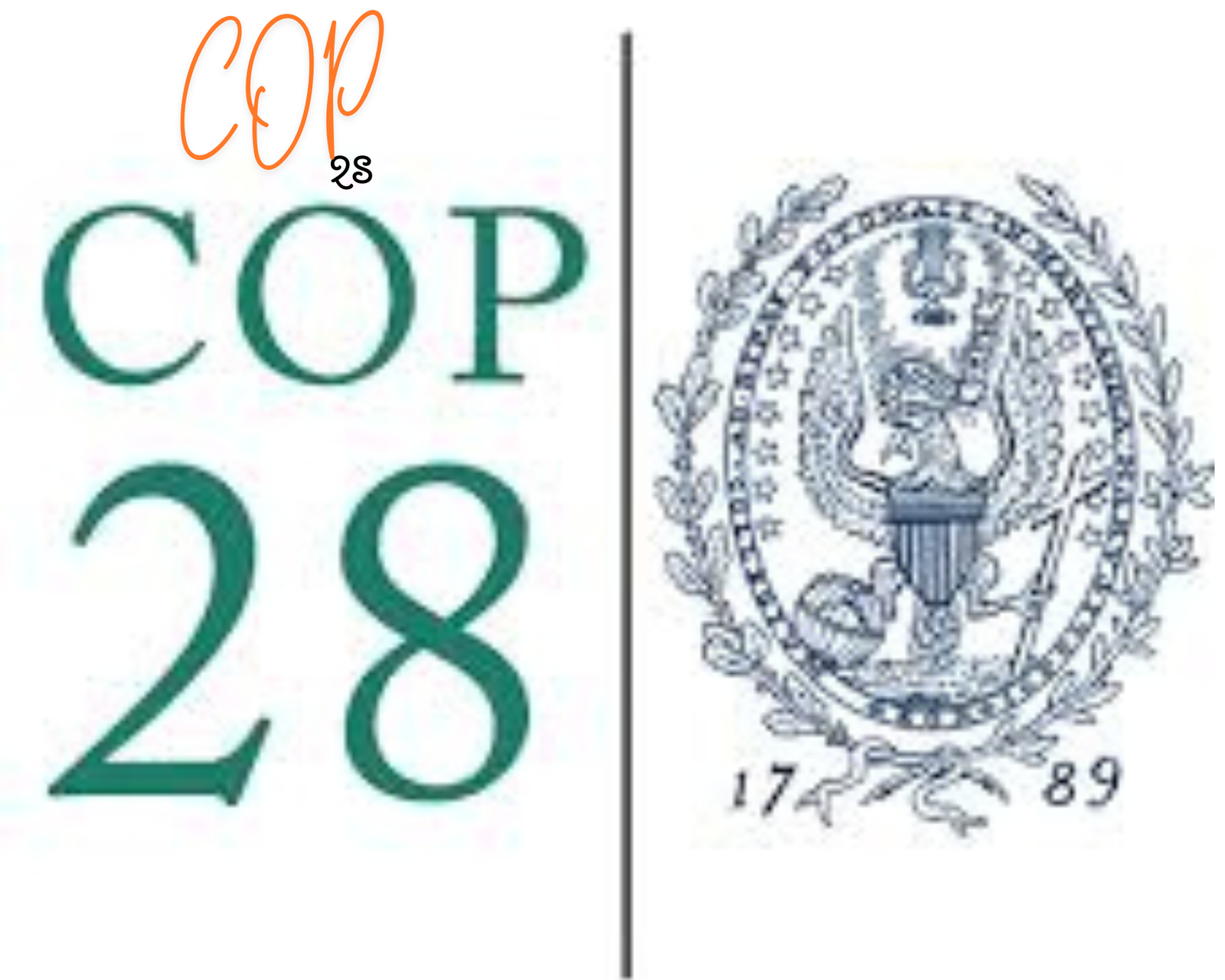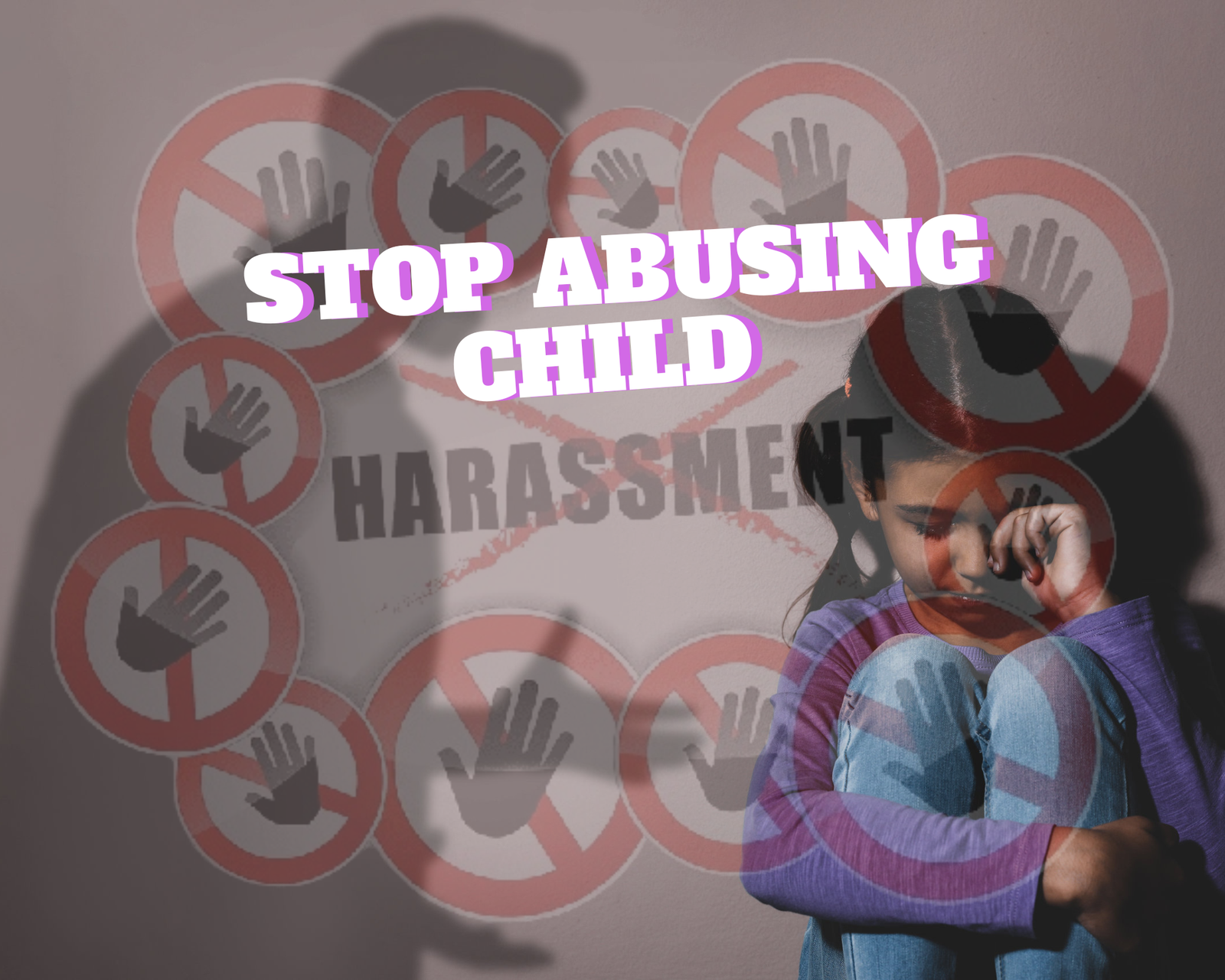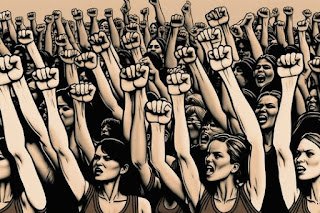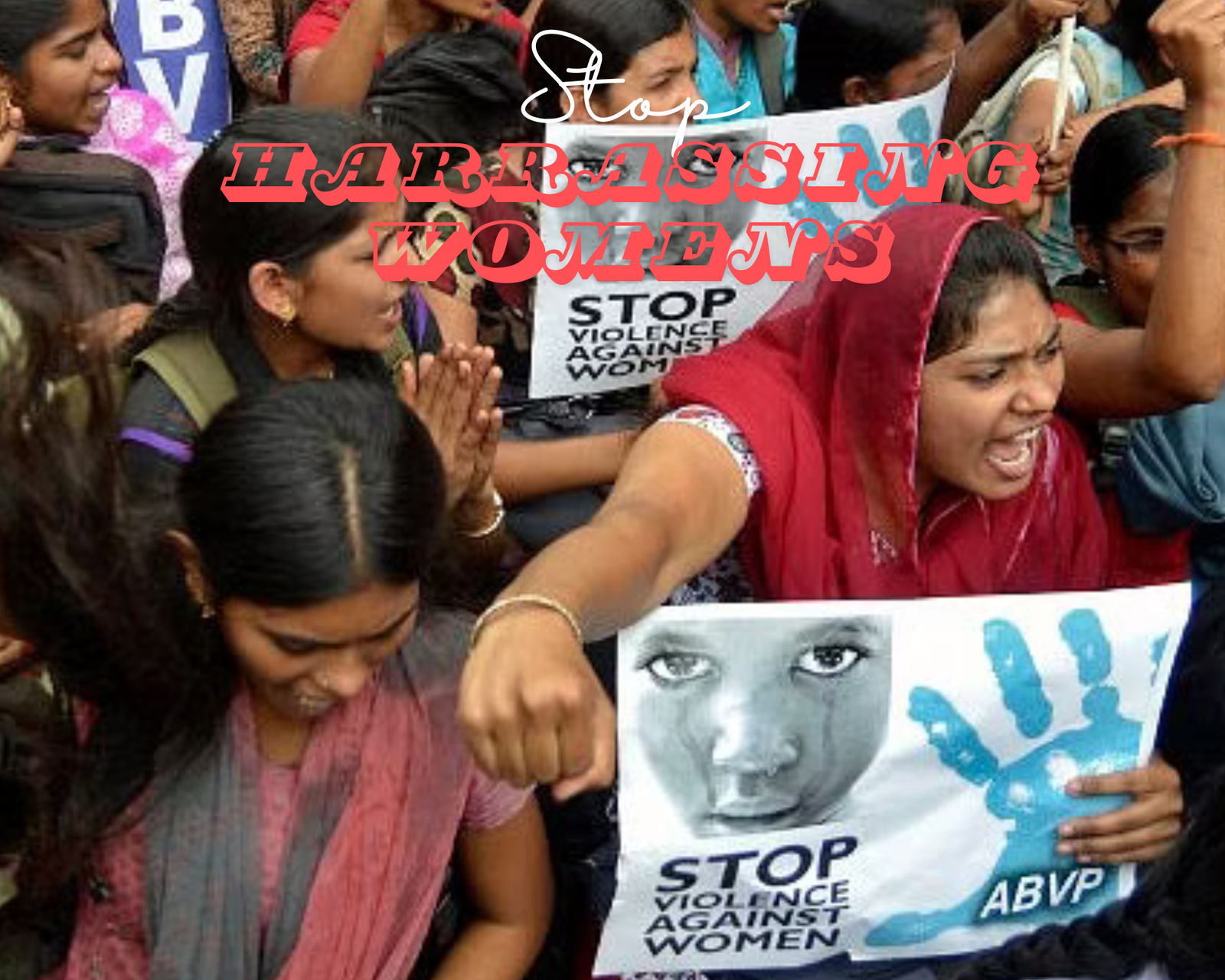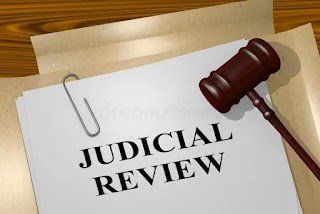
A key component of contemporary legal systems, judicial review is a vital tool for upholding the supremacy of the constitution and defending individual rights. Judicial review, in its most basic form, gives courts the authority to evaluate whether laws, executive orders, and government policies are constitutional. This helps to maintain democratic governance and the rule of law. Judicial review is essential to stopping the misuse of power and defending citizens’ rights and liberties because it holds the government to constitutional norms and principles.
It is impossible to overestimate the importance of judicial review since it acts as a crucial check on the use of power by the government and guarantees that decisions made by the legislative and executive branches are in accordance with the letter and spirit of the constitution. Courts have the authority to overturn policies and regulations that are shown to be unconstitutional through judicial review, protecting core liberties including the right to free speech, assembly, and religion.
Judicial review also helps to define the boundaries and extent of each part of government’s authority as well as to settle disagreements between them. By doing thus, it keeps any one branch from becoming overly powerful and contributes to maintaining the delicate balance of power outlined in the constitution.
The authority of judicial review is not without dispute, though. Opponents contend that it could undermine democratic ideals by giving unelected judges an excessive amount of power to overrule the decisions made by elected leaders. Furthermore, some argue that the appropriate boundaries of judicial authority may be crossed by judicial activism, which is the active involvement of courts in determining public policy.
Judicial review is nonetheless an essential tool for maintaining the rule of law, defending individual rights, and making sure democratic governance runs smoothly in spite of these objections. As a result, it still has a significant influence on how laws are interpreted and how the values of justice and equality that underpin contemporary society are upheld.
judicial review, judicial review in easy wrds, judicial review in law
